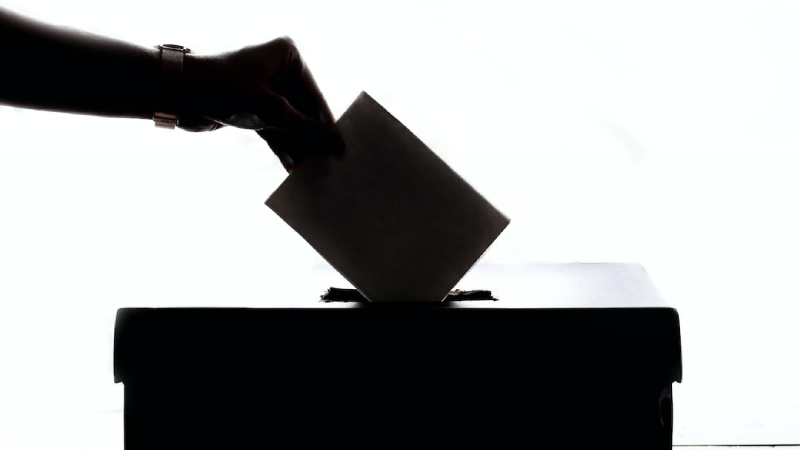
Why the Year of Elections Does Not Mean a Year of Risky Populism
Or, how 20th century political science won’t explain 21st century political behavior.
By Daniel Drezner, Professor of International Politics at The Fletcher School in Tufts University
My latest Eagle View column for Chatham House’s The World Today magazine is now available for everyone to read. Initially, I was going to write about the implications of the 2024 U.S. presidential election. Leslie Vinjamuri beat me to that punch, however:
The impact of the 2024 elections can be felt already. In the months ahead, Today, policy debate is too often marked by a rejection of the very legitimacy of the values held by members of the opposing party. This creates a political context in which the scope to forge cross-party coalitions and broker compromises, a bedrock of democratic practice, is shrinking. Under these conditions, elections take on even greater significance, creating the prospect not only for major shifts across key policy domains that affect daily life in the US, but for significant parts of the population to feel left behind….
Democrats and Republicans will be confronted by a choice. They can play by the rules and call out Trump and his Republican followers pushing the Big Lie while working through domestic courts to call out violations of electoral abuses. Or they can adopt emotive, fire-fighting tactics that may be effective in the short-run but may suffer a lack of legitimacy.
Laura Gamboa, a political scientist, found in her book Resisting Backsliding: Opposition Strategies Against the Erosion of Democracy that the best strategy for members of the liberal opposition is to play by the rules. When they don’t, they accelerate the collapse of democracy.
So what did I write about?
I chose to focus on the fact that 2024 will be a year of many elections across the globe. There will be major elections in India, Indonesia, Pakistan, Russia, South Africa, Taiwan, and the United Kingdom. Yes, some of these elections will be less free and fair than others — but they will all be of political importance.
My essay asks whether incumbents, facing waning popularity across the globe, will be tempted to take risky policy actions in order to stay in power:
Elections are all about winning popular support, which means it is usually the season when technocrats start to walk and talk like they are the salt of the earth. In other words, during election season all politicians sound a little populist.
This tendency has been a longstanding source of concern for foreign policy analysts. One theory warns about ‘political business cycles’. In this model, incumbents goose the economy so that it peaks just before the election – only to be followed by a recession as policymakers rein in their expansionary policies….
Another school of thought posits a ‘diversionary theory’ of conflict. Its logic is straightforward: when leaders find themselves unpopular, they have an incentive to precipitate or exploit a foreign policy crisis to generate a rally-round-the-flag effect.
You’ll have to read the whole thing to see my assessment of these possibilities. Let’s just say that the 21st century political environment is rather different from the 20th century political environment. Political business cycle politics don’t work when voters are turned off by inflation, and boy are they turned off by inflation in the post-pandemic era. Similarly, the diversionary theory of conflict has come a long way since it was first debated in the 1980s; the political science literature on this topic has gotten much more sophisticated. In 2024 there is a much greater chance of democratically-elected incumbents attempting diversionary peace than diversionary war.
A final point: it is striking to see theories that I read about in graduate school bandied about in the public sphere today as if they are accepted as ironclad logic. Neither the political business cycle nor the diversionary theory of conflict had a ton of explanatory power back in the day. They seemed eminently intuitive, however, which is why I think they have persisted among the professional pundit class in this century.
This is not to say that either theory has no explanatory power — there are clear examples of both phenomena. Rather, these factors are often talked about far more often than they are witnessed.
Which, if you think about it, is a good thing.
(This post is republished from Drezner’s World.)
